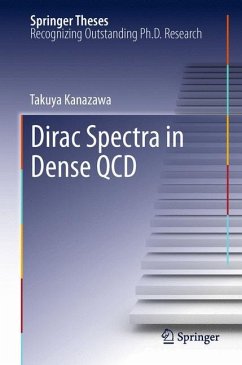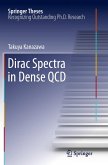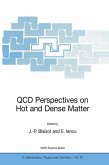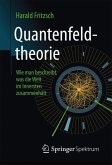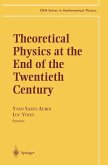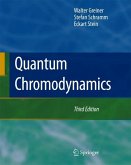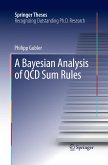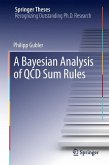Gaining a theoretical understanding of the properties of ultra-relativistic dense matter has been one of the most important and challenging goals in quantum chromodynamics (QCD). In this thesis, the author analyzes dense quark matter in QCD with gauge group SU(2) using low-energy effective theoretical techniques and elucidates a novel connection between statistical properties of the Dirac operator spectrum at high baryon chemical potential and a special class of random matrix theories. This work can be viewed as an extension of a similar correspondence between QCD and matrix models which was previously known only for infinitesimal chemical potentials. In future numerical simulations of dense matter the analytical results reported here are expected to serve as a useful tool to extract physical observables such as the BCS gap from numerical data on the Dirac spectrum.
Bitte wählen Sie Ihr Anliegen aus.
Rechnungen
Retourenschein anfordern
Bestellstatus
Storno

